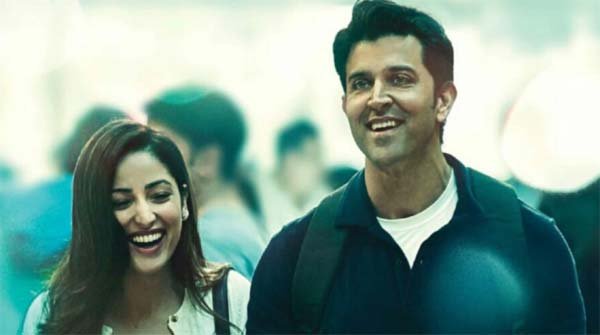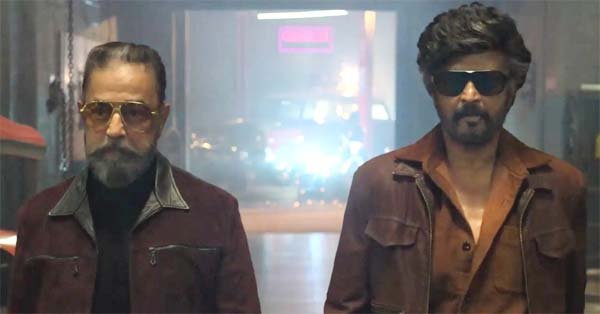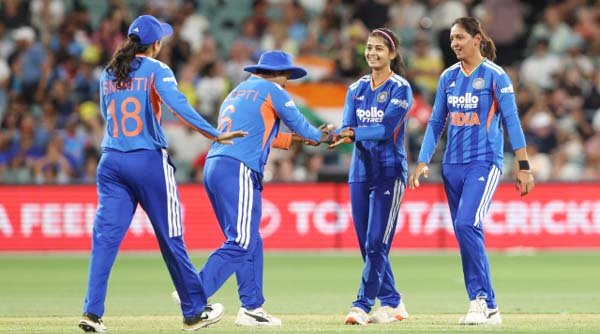New Delhi, Aug 12 (UNI) Prime Minister Narendra Modi today exhorted young scientists to think beyond exploration and focus on practical applications that can benefit everyday life, emphasising the intersection of space science and humanitarian impact.
Addressing via video message the 18th International Olympiad on Astronomy and Astrophysics being held in Mumbai, the Prime Minister urged young explorers to consider how space science can further improve lives on Earth.
The conference is being attended by more than 300 high school students from nearly 64 countries. Organised by the Homi Bhabha Centre for Science Education (HBCSE), a division of the Tata Institute of Fundamental Research, the event, which opened today, will continue till August 21.
Modi posed critical questions: “How can farmers be provided even better weather forecasts? Can we predict natural disasters? Can we monitor forest fires and melting glaciers? Can we build better communication for remote areas? “
The Prime Minister emphasised that the future of science lies in the hands of young minds, and in solving real-world problems with imagination and compassion.
Addressing the gathering, he said, “In India, tradition meets innovation, spirituality meets science, and curiosity meets creativity. For centuries, Indians have been observing the skies and asking big questions”.
In this connection, he cited the example of Aryabhatta, who in the 5th Century invented zero and was the first to state that the Earth rotates on its axis. “Literally, he started from zero and made history!” the Prime Minister noted.
The Prime Minister stated that India proudly contributes to global mega-science projects like the Square Kilometre Array and LIGO-India. He recalled that two years ago, Chandrayaan-3 made history by becoming the first mission to successfully land near the Moon’s South Pole and added that India has also set its sights on the Sun with the Aditya-L1 solar observatory, which monitors solar flares, storms, and the Sun’s mood swings.
He shared that last month, Group Captain Shubhanshu Shukla completed his historic mission to the International Space Station, calling it a proud moment for all Indians and an inspiration for young explorers.
Highlighting India’s pioneering role in contemporary astronomy, Modi also talked about the high-altitude astronomical observatory in Ladakh, perched at 4,500 metres, “close enough to shake hands with the stars.” He also lauded the Giant Metrewave Radio Telescope in Pune — a marvel of modern science aiding India’s quest to unravel the secrets of pulsars, quasars, and galaxies. UNI AJ SSP











